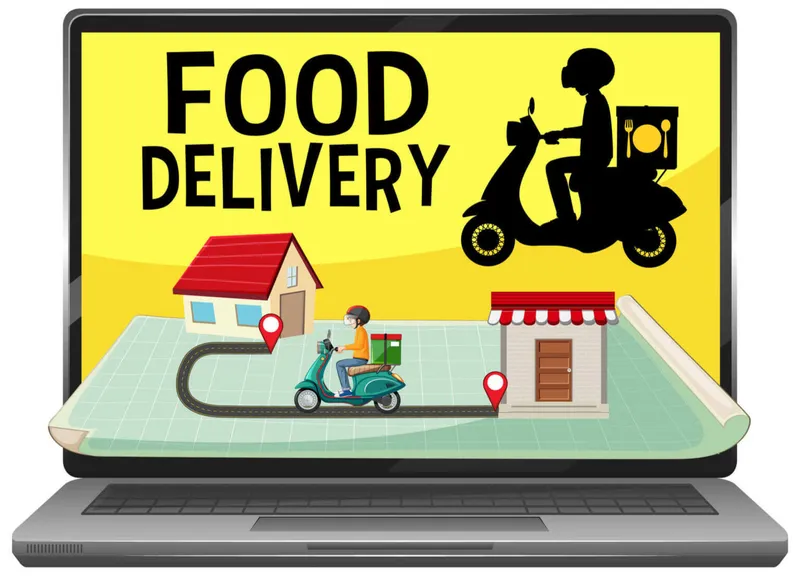Quick commerce to become $5B opportunity by 2025: RedSeer
The report said quick commerce penetration within the online consumables market is about 7 percent, and is expected to grow to 12-13 percent by 2025.
Quick commerce is expected to grow 10-15x in the next five years and become a $5 billion opportunity by 2025, according to consulting firm RedSeer.
Quick commerce is defined as the delivery of consumables within a span of 45 minutes with a nominal delivery charge.
According to the report titled 'Quick Commerce: A $5 billion market by 2025', the market penetration of 'quick commerce' is estimated at about $300 million in CY2021.
This is expected to grow 10-15x in the next five years to $5 billion by 2025, it added.
The major growth drivers for quick commerce are rising adoption among convenience seeking customers with unplanned ordering behaviour, increasing the affinity of online and Gen-Z customers towards top-up and indulgence purchases, and COVID-led change in consumer behaviour towards using online as a replacement for Kirana, it said.

Indian quick commerce market offers two main opportunities including consumables (fresh, staples, packaged foods, beverages, home care and personal care, OTC medicines, alcohol, tobacco, pet supplies) and adjacent or long-tail categories (flowers, gifts, books, small electronics, etc), it added.
"Quick commerce is emerging as one of the fastest-growing ecommerce models, serving the need for faster delivery among convenience-seeking customers. With high fill rates and 30-45 mins delivery service for unplanned orders, mid-to high-income households in metros are increasingly replacing traditional Kirana with quick commerce platforms like Swiggy's Instamart and Dunzo," Mukesh Kumar, Engagement Manager at RedSeer, said.
The report said quick commerce penetration within the online consumables market is about 7 percent, and is expected to grow to 12-13 percent by 2025.
The online consumables market penetration is expected to grow exponentially in the next five years to become $30 billion-plus in size by 2025 with about 50 percent of an online market expected to come from the metro and Tier-I cities.
Edited by Kanishk Singh








